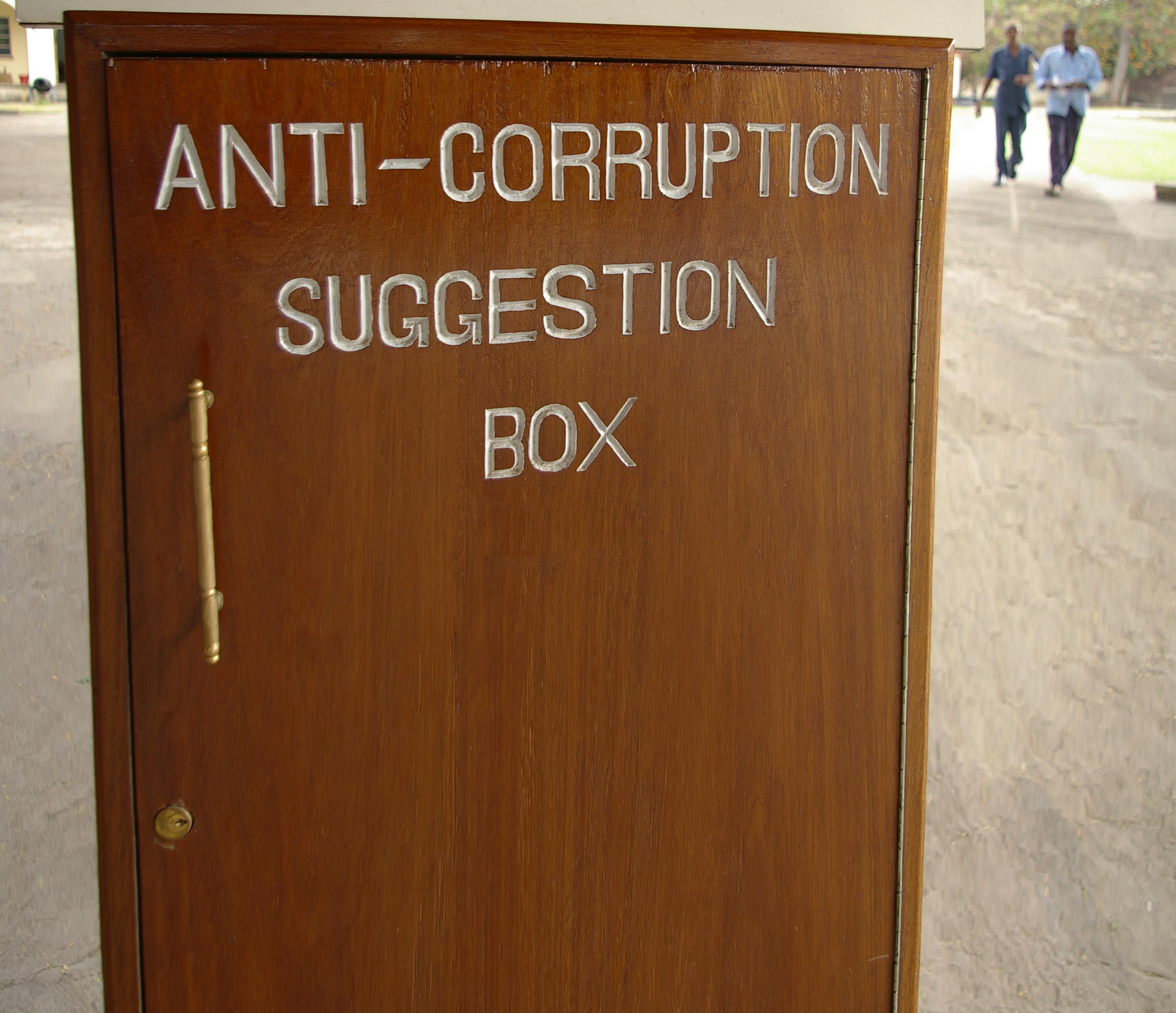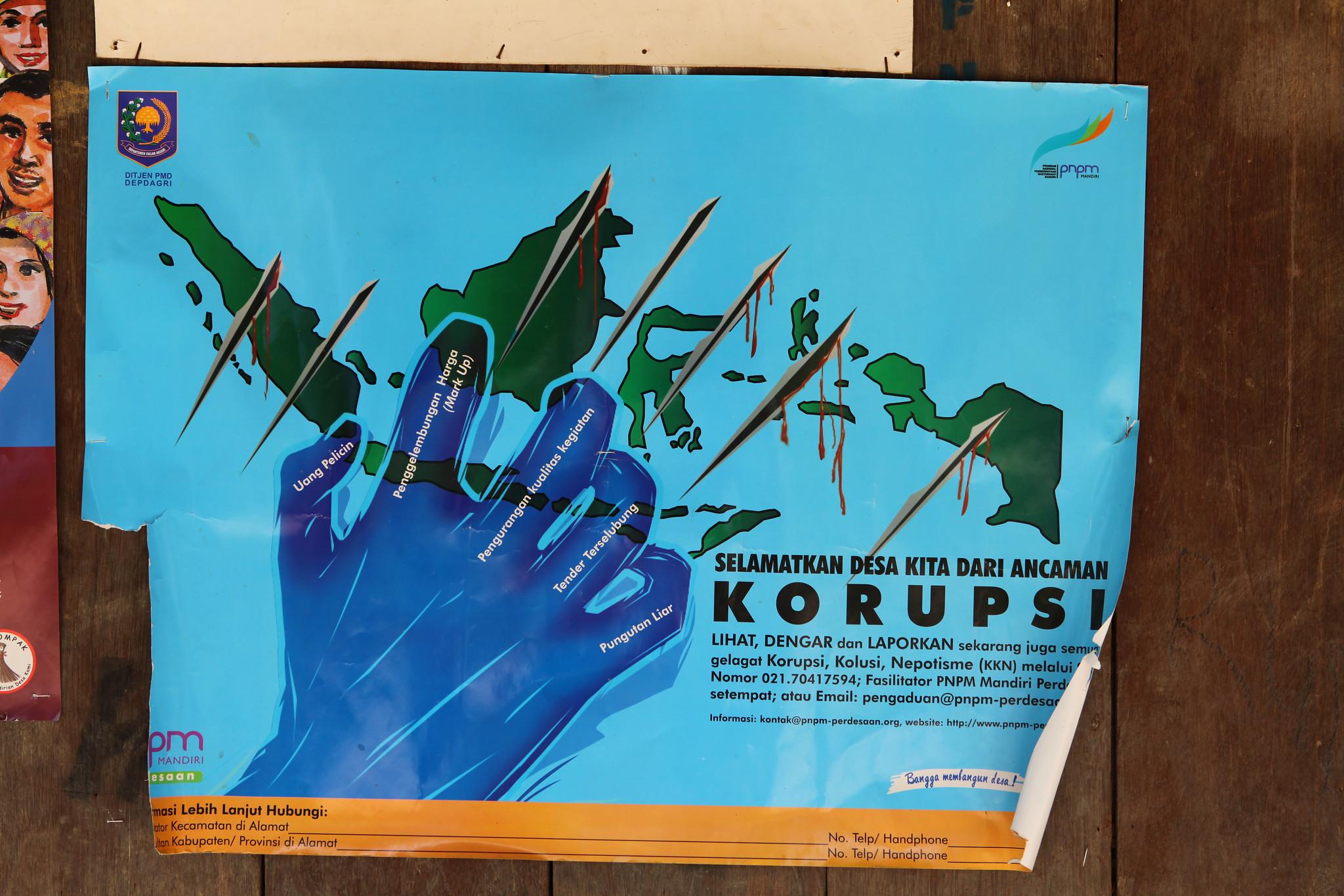Main points
- Interest in researching and studying corruption grew in the latter half of the twentieth century when leading scholars proposed definitions of corruption and developed models of both its causes and consequences.
- In the last 15 years, perspectives on corruption have rapidly expanded; new cross-border forms of corruption have been subjected to increased academic scrutiny, approaches to measurement have become more refined, and the messy entanglements of formal and informal power in social and political life are being studied ever more closely.
- In addition, the arsenal of anti-corruption tools is expanding in line with the emergence of a more granular and sophisticated understanding of how corruption operates in various settings.


